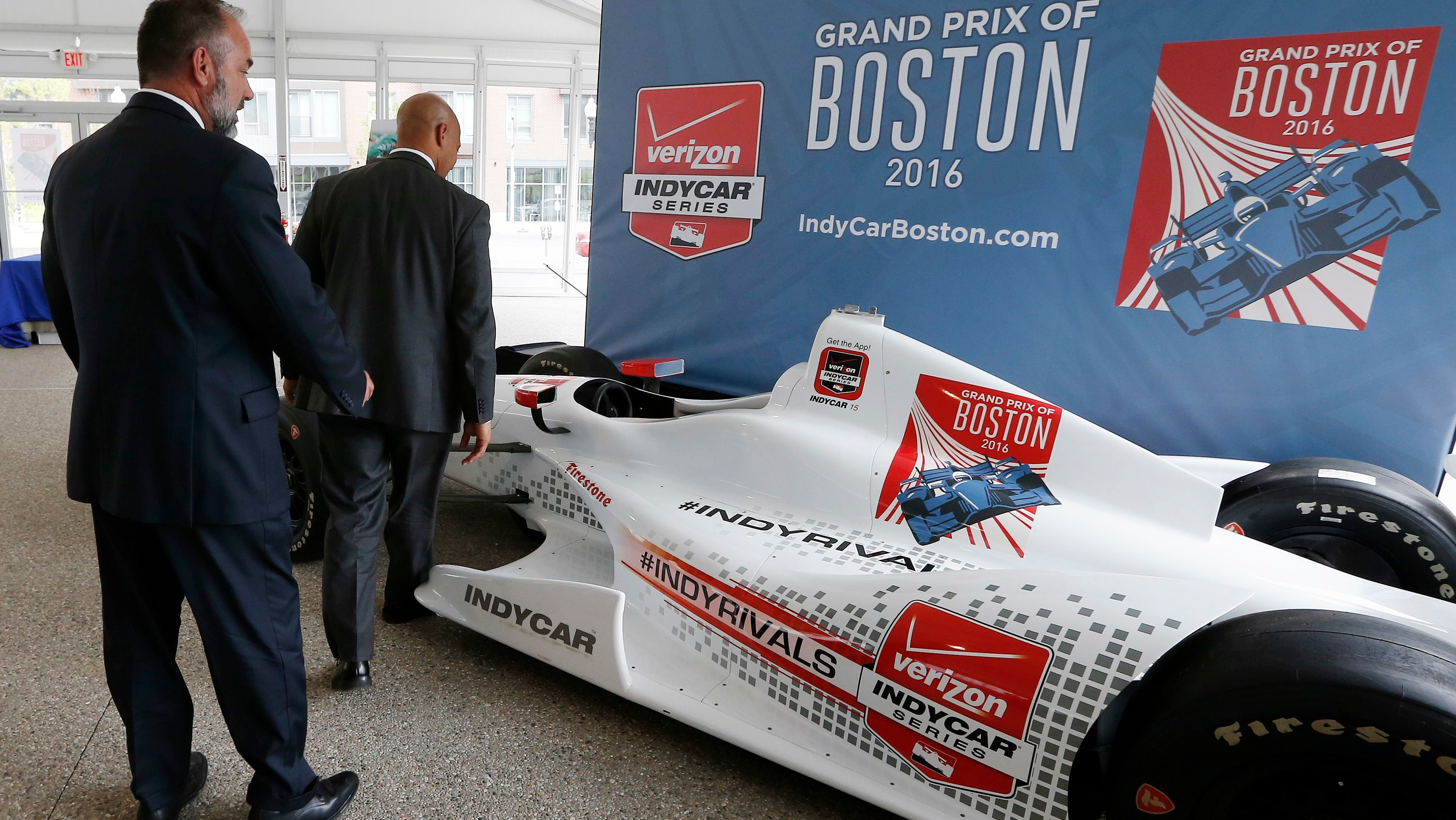Failed Boston Grand Prix's CFO Arrested On Fraud Charges
The Boston Grand Prix is one of the most notorious IndyCar events that never happened, largely because of how messily things fell apart. Both the city itself and the promoters went at each other's throats, fans had already booked tickets, and even a near-million dollar bailout from IndyCar couldn't salvage the mess. Now, the Boston Grand Prix's former CFO has been arrested on fraud charges.
John F. Casey allegedly failed to report hundreds of thousands of the Boston Grand Prix's dollars to the government. He also allegedly stole and laundered money through a local Boston ice rink. Not a great look for someone in charge of working with money.
From a Boston Herald report:
Casey became the chief financial officer of the Boston Grand Prix in 2015, and the organization paid him $308,292 in 2015 and $601,073 in 2016 — all of which Casey failed to include on his personal tax returns for those years, U.S. Attorney Andrew Lelling's office said.
The indictment also alleges issues involving a Peabody ice rink Casey owned from October 2013 through June 1, 2016, for which he "submitted materially false documents and information, including fake invoices for the equipment, bank records purporting to show deposits into Casey's accounts related to the Peabody rink, falsely inflated personal and corporate tax returns, and personal financial statements falsely claiming ownership and value of various assets."
Casey is also charged with laundering the money that Lelling says he illegally obtained, and with stealing someone else's identity.
Assistant U.S. Attorney Kristina Barclay argued that Casey should not be offered a $25,000 bail because he would likely use his freedom to continue defrauding people. She alleged that many of his family members run businesses, which could provide him an easy in. Casey, for his own part, stated that he is not guilty.
If the whole Boston Grand Prix saga has blissfully slipped from your mind these past four years, I wouldn't blame you. It's one of those motorsport stories that seems to be rekindled at the strangest times, long after the initial heat of the event tempered down.
From a previous Jalopnik article:
The race would have... [taken] place on a 2.2-mile temporary street course during Labor Day weekend. The relationship between race promoters and the city went downhill, with president of the former Grand Prix of Boston group John Casey saying the city had "endless, unrealistic demands." In the ultimate finger-pointing match, the city called the group disorganized and unwilling to work to save the race.
Casey was accused at the time of marketing the event while knowing full well he didn't have the permits necessary to actually run it. The Federal Emergency Management Agency rezoned the area in which the race was to take place, marking it as a flood zone that required promoters secure a wetlands permit to host the event.
The promoters just didn't click with the city officials, who characterized them as disorganized. And Boston brought out a strong population of NIMBYs who just didn't want to see loud cars rumbling through their metaphorical yards.
The saga only got stranger when, during initial investigations, Casey alleged that he had been subjected to extortion and wiretapping. Business, he claimed, is handled differently in Boston. From a local news station:
He... told the judge, "Like Rodney Dangerfield said in (the movie) 'Back to School,' 'This is a fantasyland.'"
Casey is accused of draining the Boston Grand Prix bank account, and using it as his personal piggy bank.
He also told the judge he will be able to shed light on the unexplained withdrawals "once I access the FBI wiretaps that were involved in this whole process."
There was no evidence to suggest that there were or were not wiretaps involved. A month later, Casey was charged with assault and battery after kicking a news photographer.
It's safe to say that IndyCar has learned its lesson. Its newest street race in Nashville took years to come to fruition and appears to be a significantly more legitimate venture, with promoters and city officials getting along and sharing a vision for the future.
